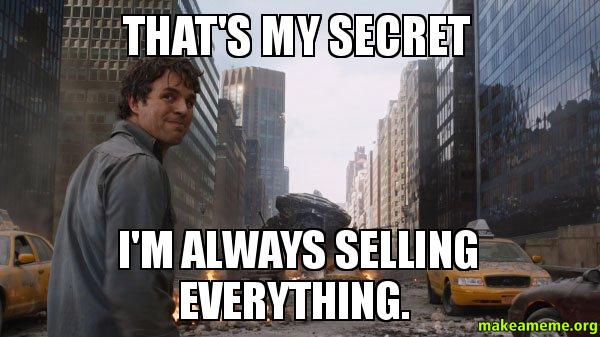Influencer overload has become the bane of brand managers in Zimbabwe these days.
It seems like every company under the sun has rolled out an “influencer marketing strategy” – but there just aren’t enough social media mavens to go around!
The results are predictable.
Scroll through your feed and you’ll spot Urile Mashonga (fictional character) endorsing everything from chicken restaurants to cell providers to sugar companies.
It’s like she woke up one morning and became the spokesmodel for all of Zimbabwean business.

Poor Urile’s socials have turned into an ad reel as unrelenting as a Harare traffic jam.
One day it’s a promo for a Car Rental, the next a rapid fire rollout of Data Bundle posts. By the time she plugs fast food chicken Brands, you’re left wondering if any product hasn’t passed her lips.
But could you blame the girl for getting that bag? When every brand is offering endorsement deals left and right, who wouldn’t take as many checks as their calendar allows?
Urile’s just following the gold rush while it’s hot – even if her followers are starting to see her shining face as more sponsored than sincerely shared.

As for the businesses, tough to fault their tactics either when everyone and their mom is trying influencer integrated campaigns these days.
But collectively they’ve created an oversaturation smörgåsbord leaving consumers ready to unfollow any post pushing a product.
Mashonga mania has hit its tipping point, and her reputation now signifies more of a sellout than tastemaker.
Sad for Urile no doubt, but a lesson for the big brands crowding each other out in this tiny influencer pond.
The Monopoly Effect
The prevalence of this singular influencer raises concerns about the lack of diversity and opportunity for other aspiring influencers in Zimbabwe.
While it is natural for successful influencers to attract multiple brand partnerships, the concentration of influence in the hands of a few limits the representation of different voices, perspectives, and demographics.
By repeatedly engaging the same influencers, brands risk creating a stale and homogeneous advertising landscape, missing out on the potential benefits of collaborating with a wider range of influencers who can connect with diverse audiences.
Underlying Factors
Several factors might contribute to the apparent shortage of influencers in Zimbabwe.
Firstly, the influencer marketing industry is still relatively new and evolving in the country. As a result, brands might be more inclined to work with influencers who have already established a significant following and demonstrated successful partnerships.
This preference for tried-and-tested influencers could inadvertently limit opportunities for emerging talents.
The Way Forward
To address the apparent shortage of influencers and promote diversity in brand representation, several key steps can be taken.
First and foremost, brands should actively seek out new and emerging influencers who bring fresh perspectives and engage with untapped audiences.
This can be achieved through influencer scouting campaigns, collaborations with local agencies specializing in influencer marketing, or by creating platforms that connect brands with a diverse range of influencers.
Read more:
- Best Before Opens New Centurion Store, Challenging Pick n Pay and Checkers with Low Prices
- Local Shops Outpaced Supermarkets as Consumers Flocked to Spazas and Taverns
- Mirinda Welcomes Red Apple and Raspberry to the Family
- Kroger to close dozens of unprofitable stores in strategic restructuring
- Vendors defy ban on second-hand goods as government pushes formalization





